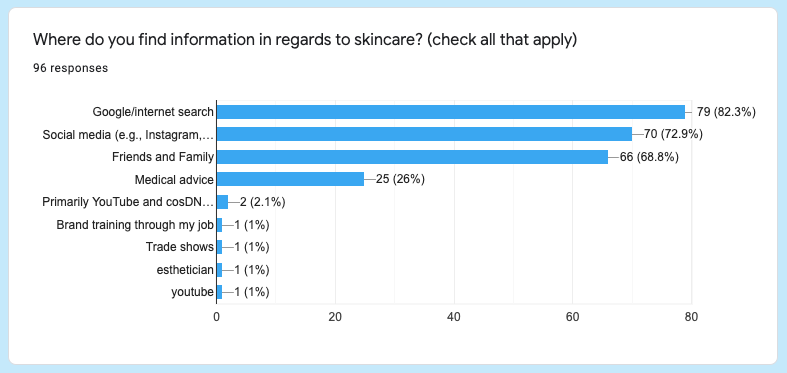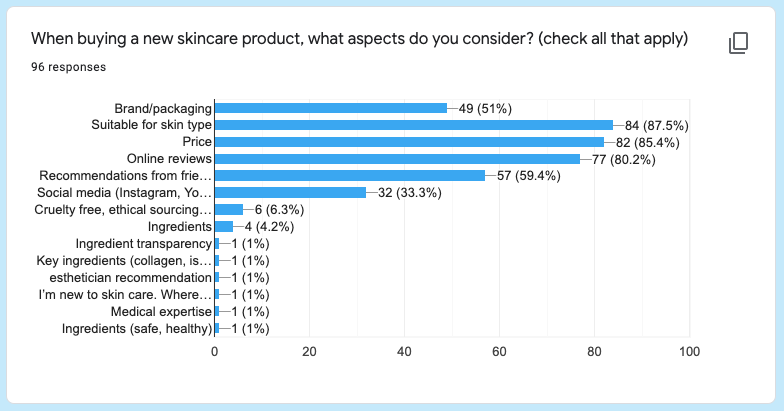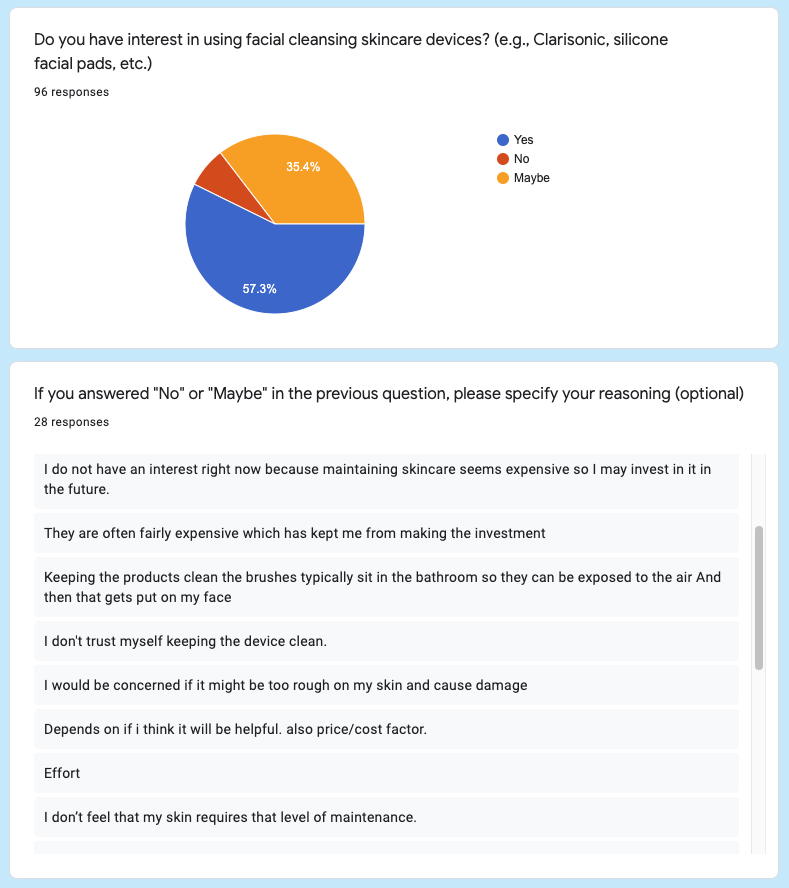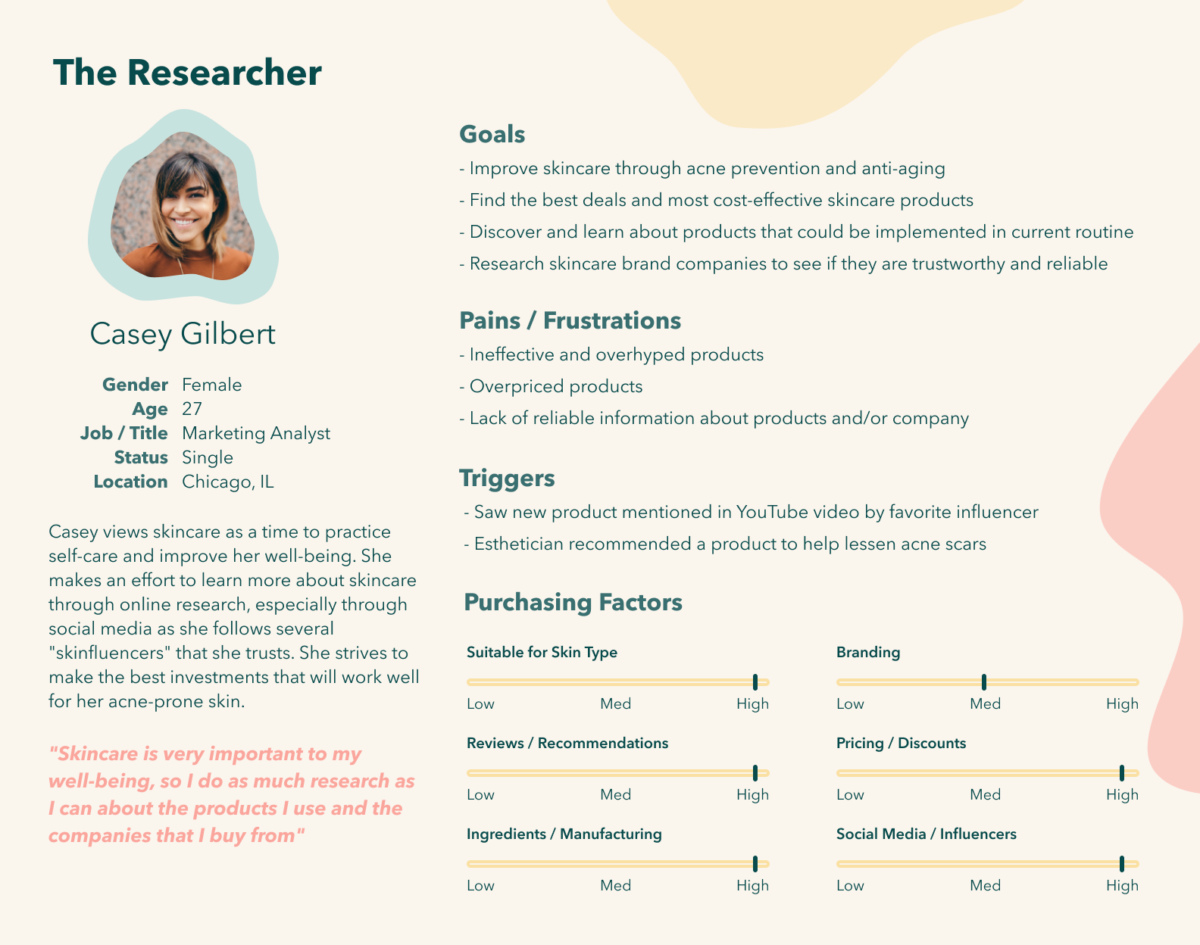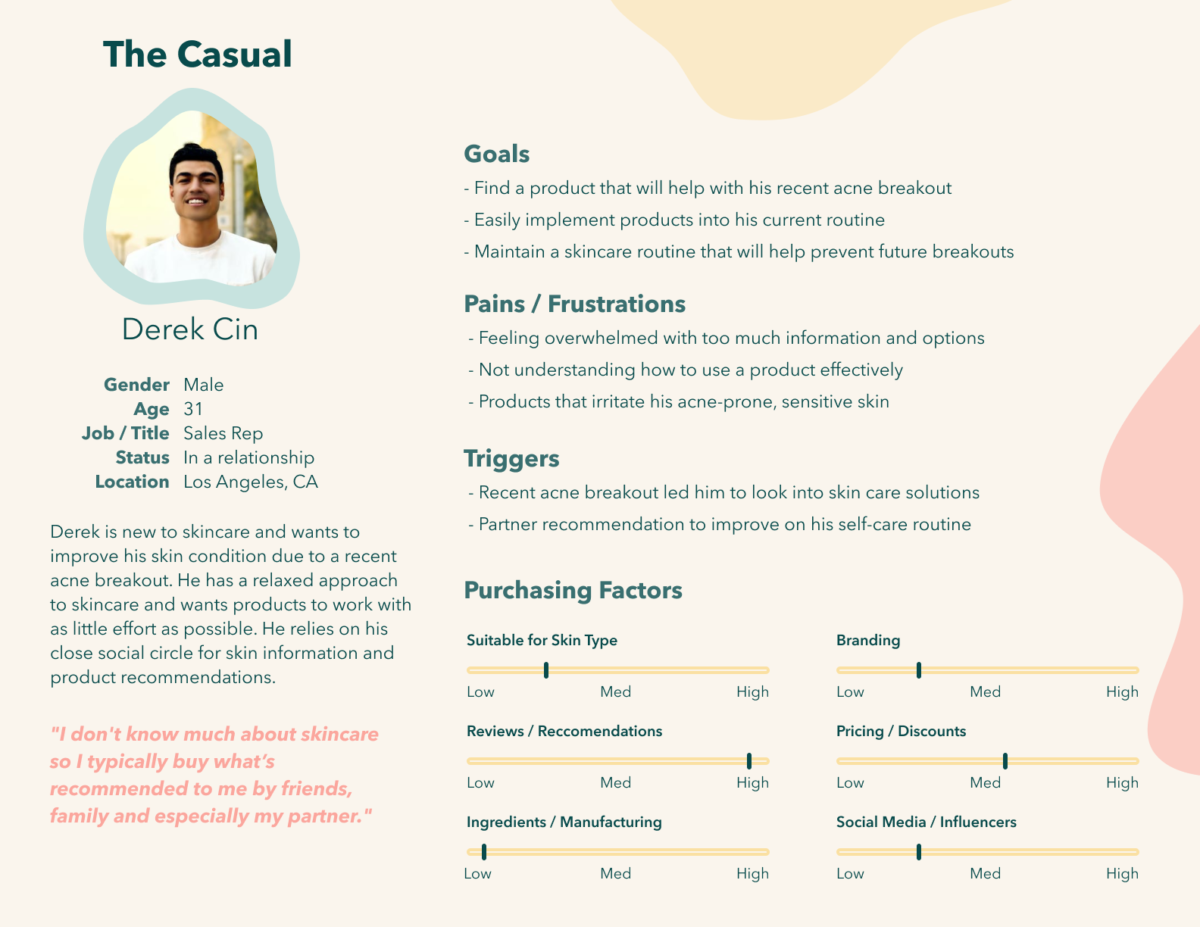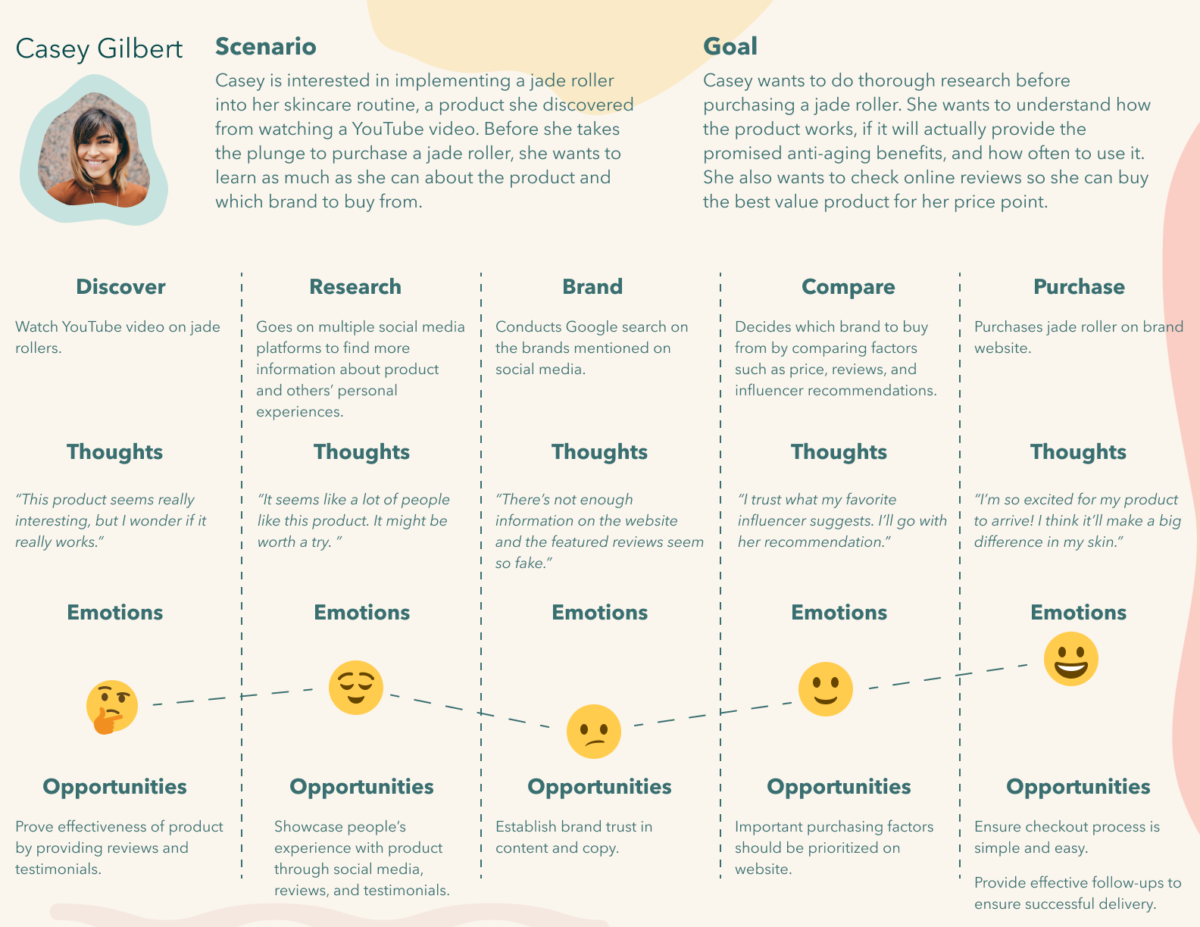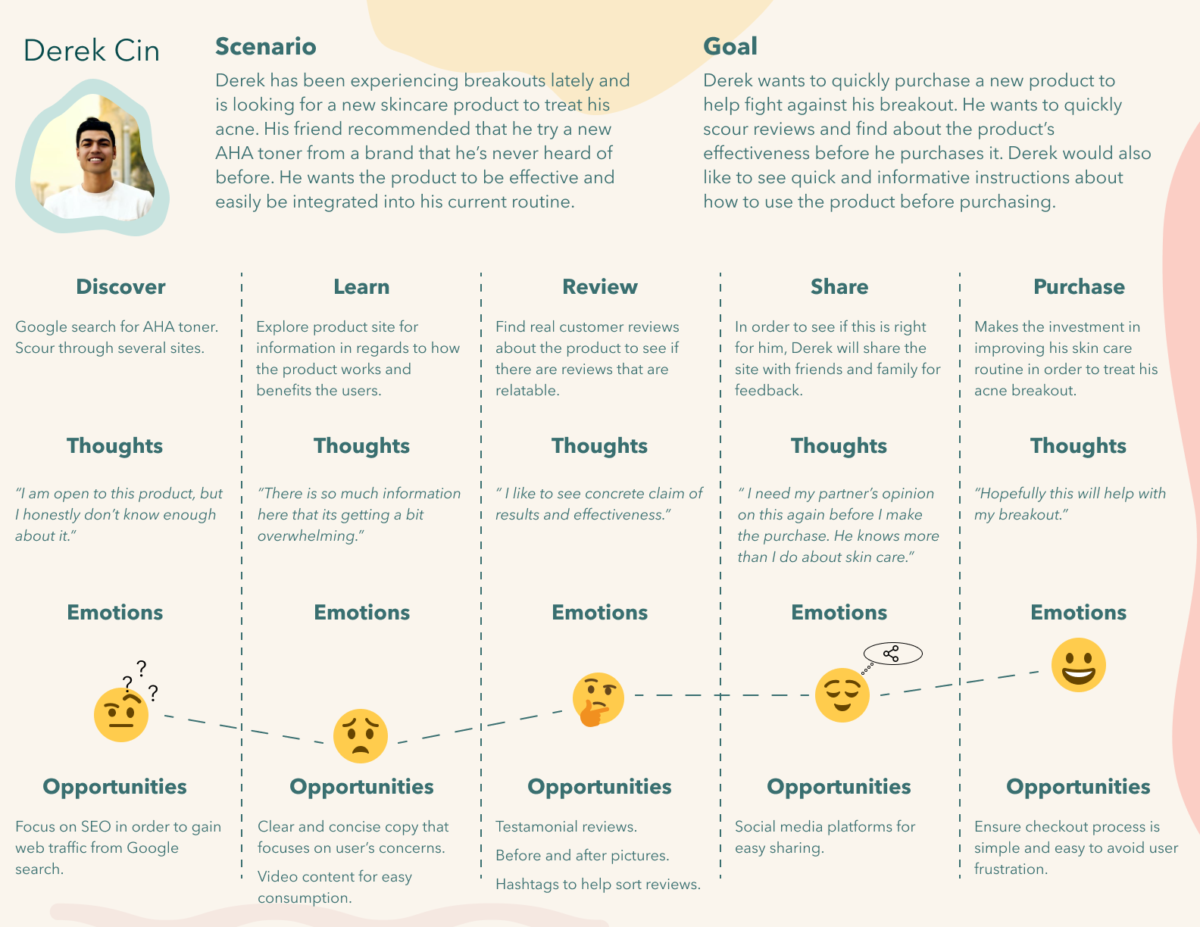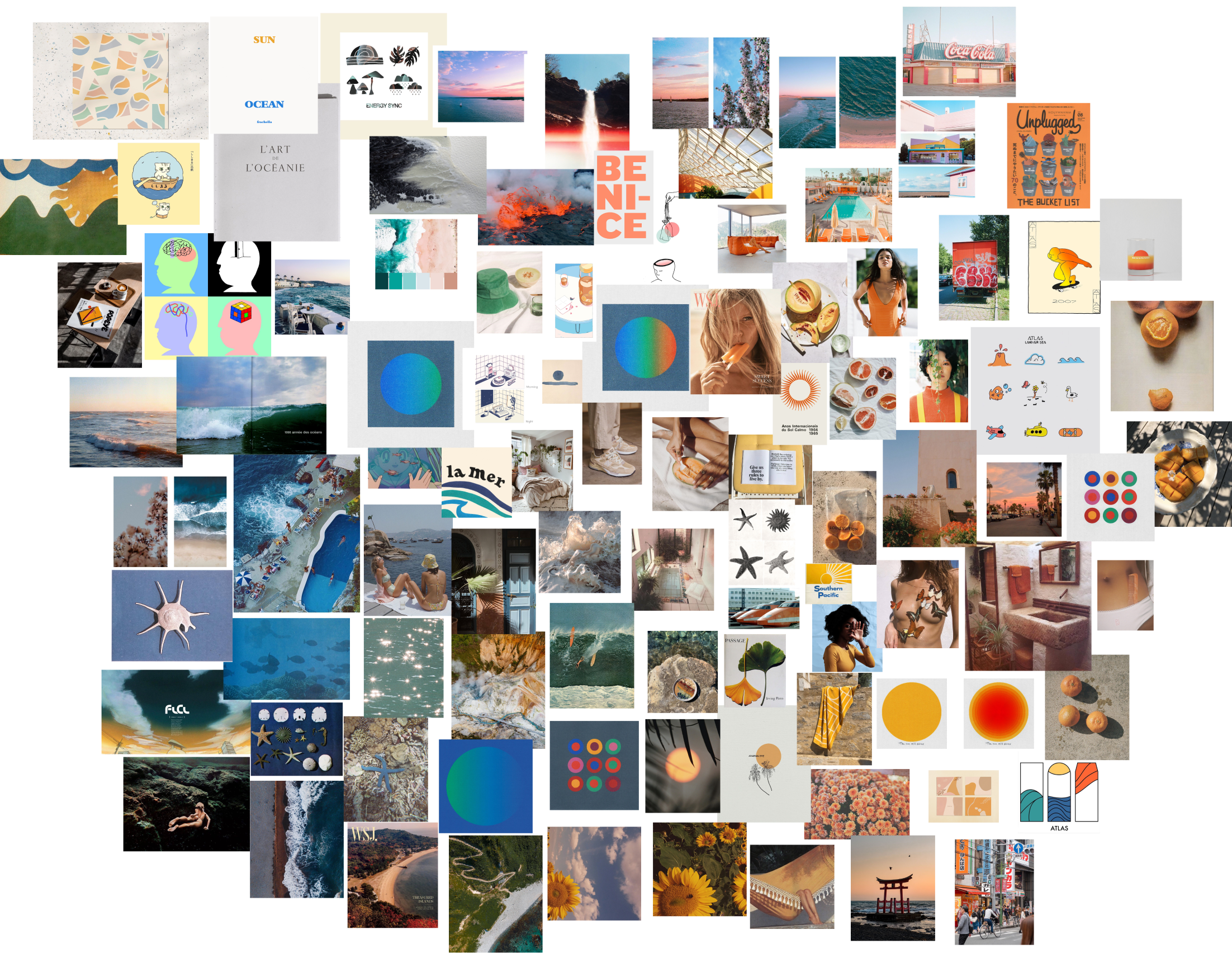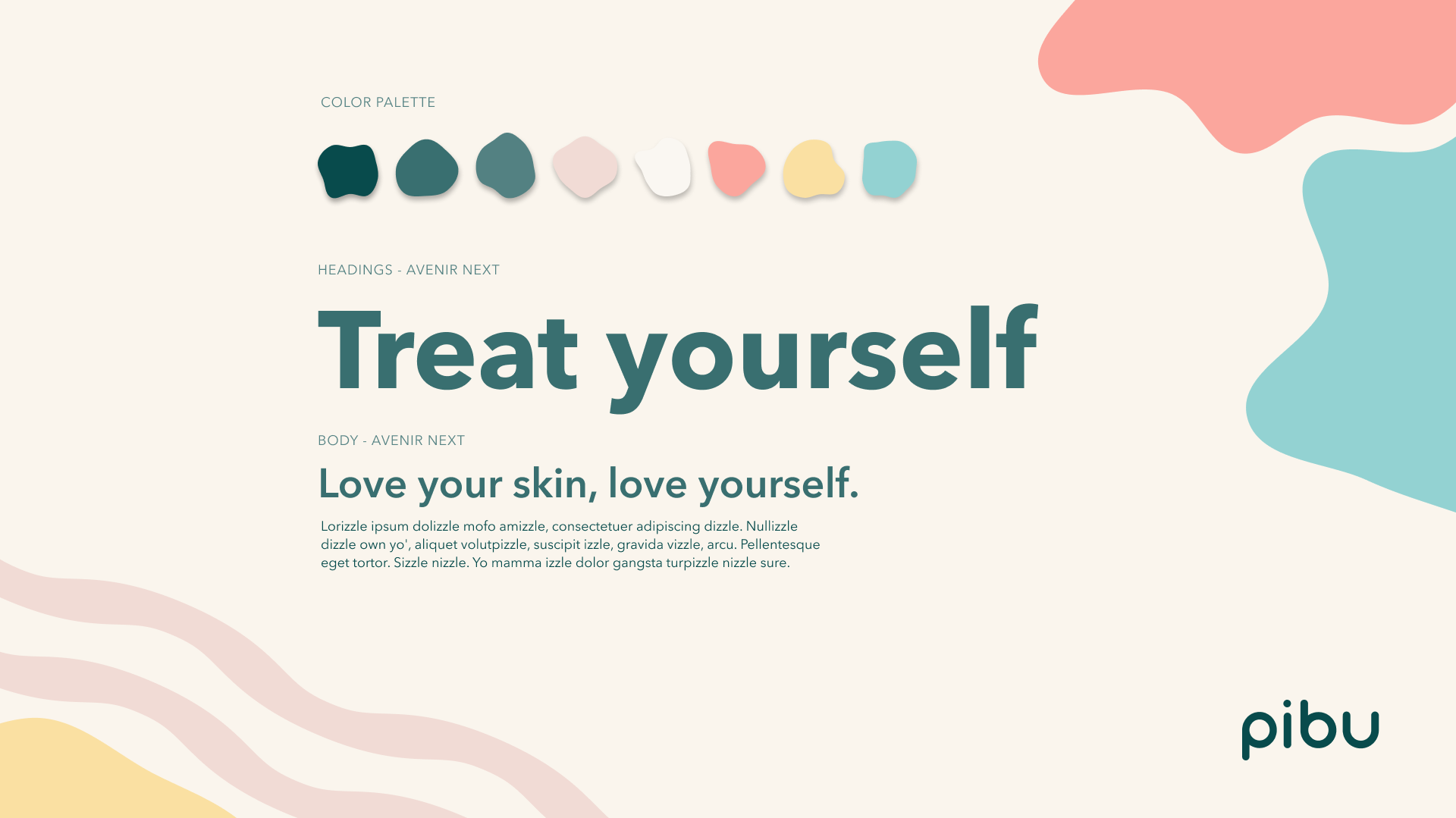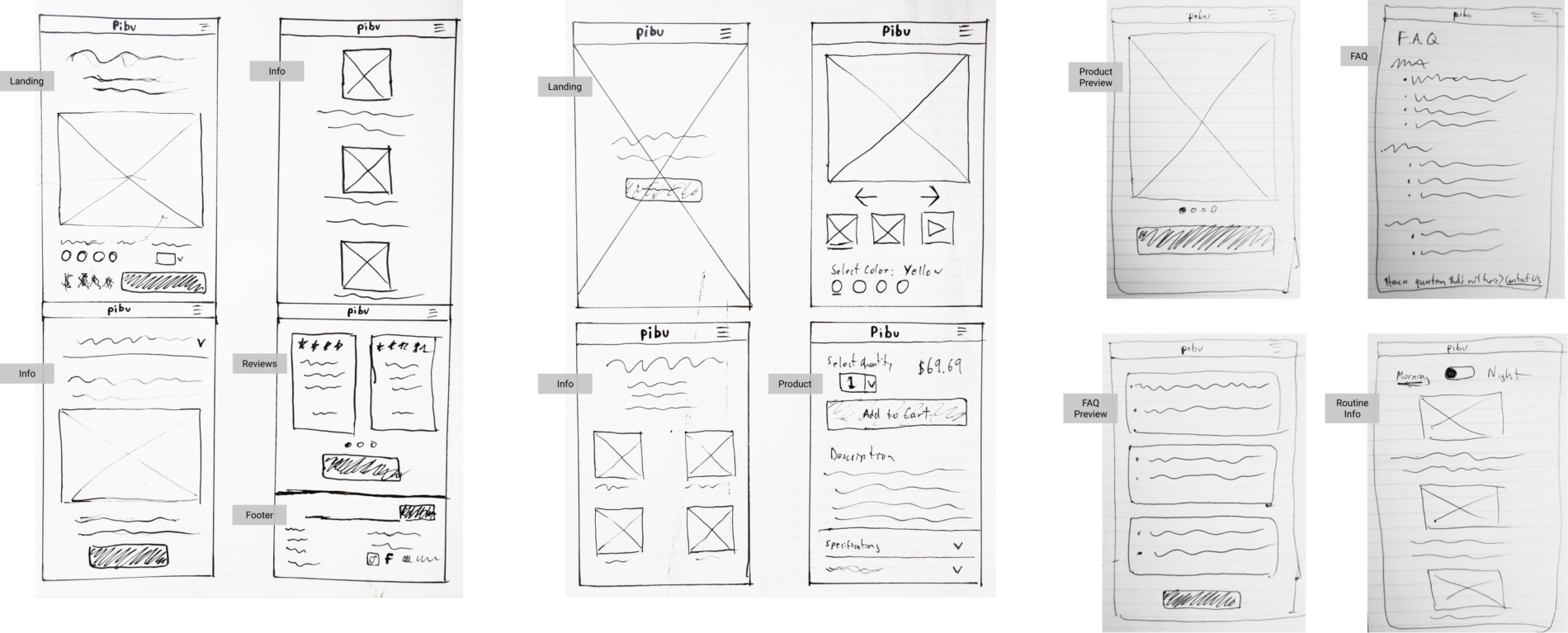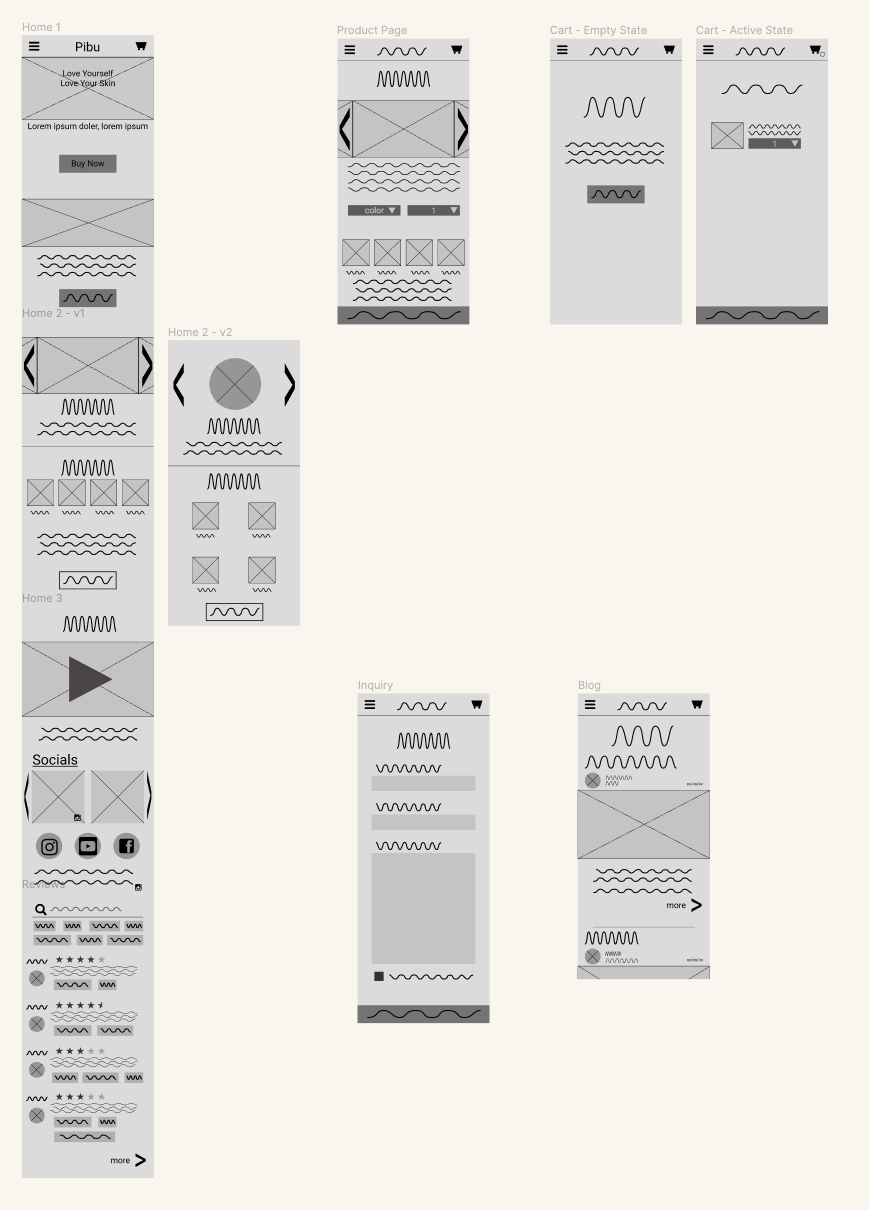Overview
My Contributions
Brand Strategy
Visual Design
User Research
Website UX & UI
Team
Me - UX Designer
Amy - UX Writer
Michael - UX Designer
Client
Pibu is a budding E-commerce startup looking to enter the skincare products market. They are a team of two based in Orange County, California. Pibu is also the name of their single product offering, a handheld silicone facial cleanser.
Objective
Establish Pibu's brand identity and design a website that will encourage customers to purchase the product.
Challenge
How might we connect with customers, establish trust in the brand and convey the product’s value through an enjoyable E-commerce experience, while standing apart from the competition?

Discovery
Kick-off
Prior to the initial meeting, we had the client fill out a prepatory questionnaire in order to get better acquainted with the project's context. At the kick-off meeting, we got to know one another a bit before discussing expectations, decisions, constraints and assumptions. This layed the foundation for a plan of approach, scope of work, rough timeline and pleasant working relationship.
User Research
We utilized generative research methods to understand who our customers are and their habits, preferences and challenges. Conducting research was also an effective way to validate our assumptions.
Survey
We created a survey to quickly gather data to see how people view the industry, their habits, needs and desires in relation to skincare. Particular points of interest included:
Where customers find information on skincare
What aspects are considered when purchasing skincare products
Customer experience with and opinions on skincare devices
Interviews
Using the survey as a precursor, we came up with an interview script to dig deeper into skincare goals, habits, and online shopping experiences. Nine interviews yielded rich insights and revealed some consistent patterns.
Competitive Analysis
We identified two direct competitors selling similar products in the same skincare device space. Foreo is a well established brand with a wide reach in the market. Meejee is small, hip brand that's new on the block. Clarisonic, the biggest name in the game shut down in 2020. We completed Strengths, Weaknesses, Opportunities, and Threats (SWOT) analyses for Foreo and Meejee in order to identify ways Pibu could differentiate itself and rise above the competition.
Themes
Defining the design challenge:
How might we connect with customers, establish trust in the brand and convey the product’s value through an enjoyable E-commerce experience, while standing apart from the competition?
1. Convenience
Show love to customers by sparing their time and effort. E-commerce is an experience which should be faster, easier and more convenient compared to going to a brick and mortar store. If they don't recieve this experience, they will look for it somewhere else because it's that easy these days.
2. Trust
Trust in a brand reflects a customer's expectation that the product and the company behind it delivers on its promises. People are looking to support businesses that strive for the greater good, that care. Skincare touches upon a very personal space, so it is only natural that customers should trust the products that they use.
3. Value
Customers will generally do thorough research prior to purchasing skincare products. Questions and concerns about a product or company should be addressed in a transparent manner. Customers want products that are of good quality so they can stick with their routines long term without having to look for something else.
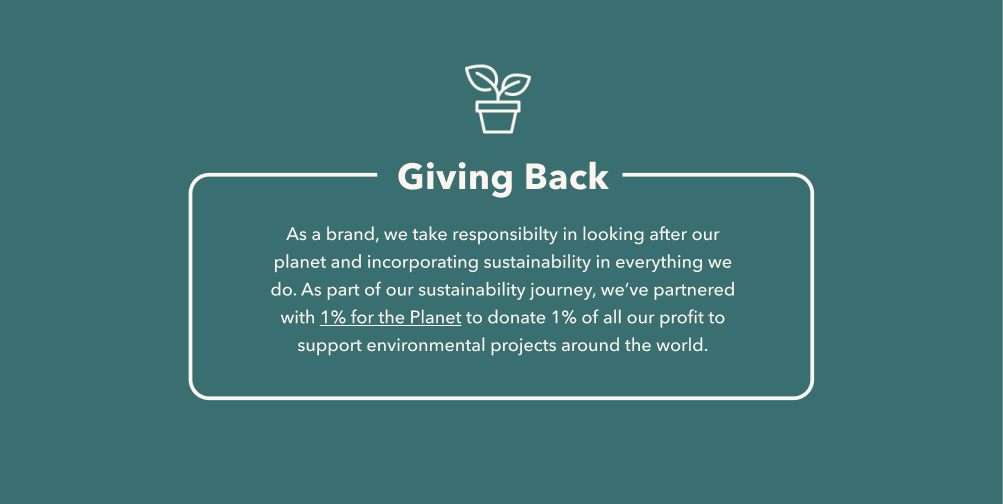
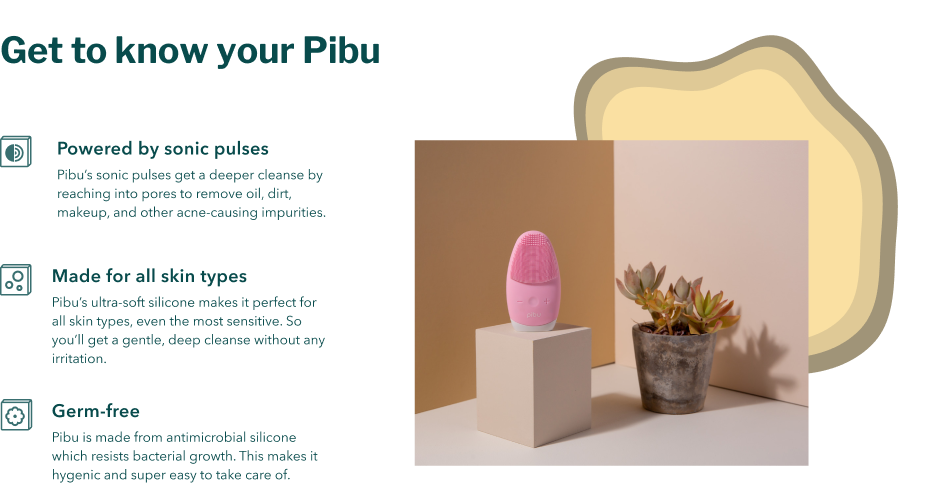
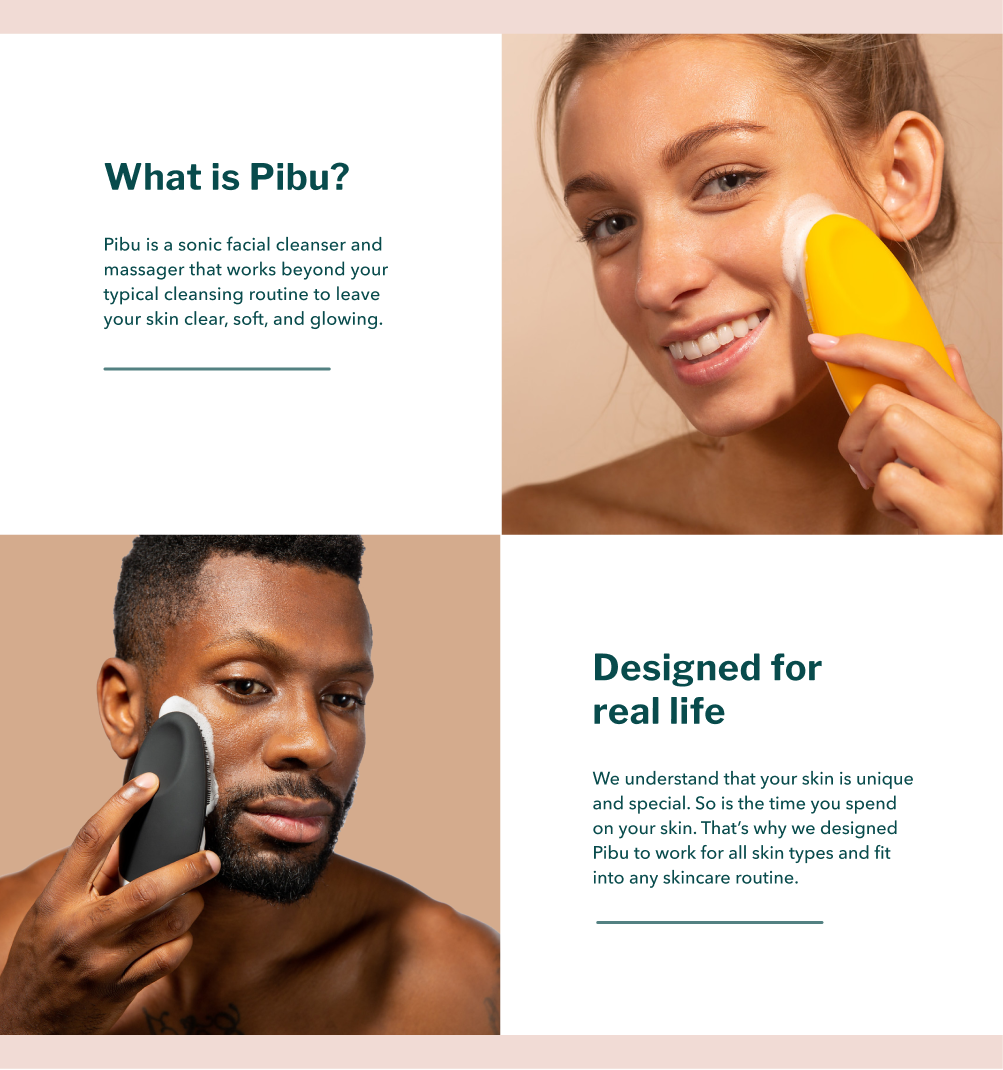
Brand
Exploration
A brand is more than just the product being sold. A brand is the promises it makes, the principles it represents, the messages it sends, the emotions it evokes, the vision it shares, the value it provides. A brand is an identity that people can connect with. We envisioned Pibu's brand identity to be playful, friendly, authentic and trustworthy. With the brand being based in Orange County, California, we wanted the visual identity to have warm, coastal, refreshing and relaxing vibes.
Positioning
Pibu’s voice is human, relatable, and trustworthy. Our priority is to improve our audience’s quality of life by helping them feel confident in their skin. We believe that skincare extends beyond the superficial. Skincare is an act of self-care that empowers our audience to live their best life. We want to connect with our audience by being accessible and empathetic towards every person’s unique skincare journey.
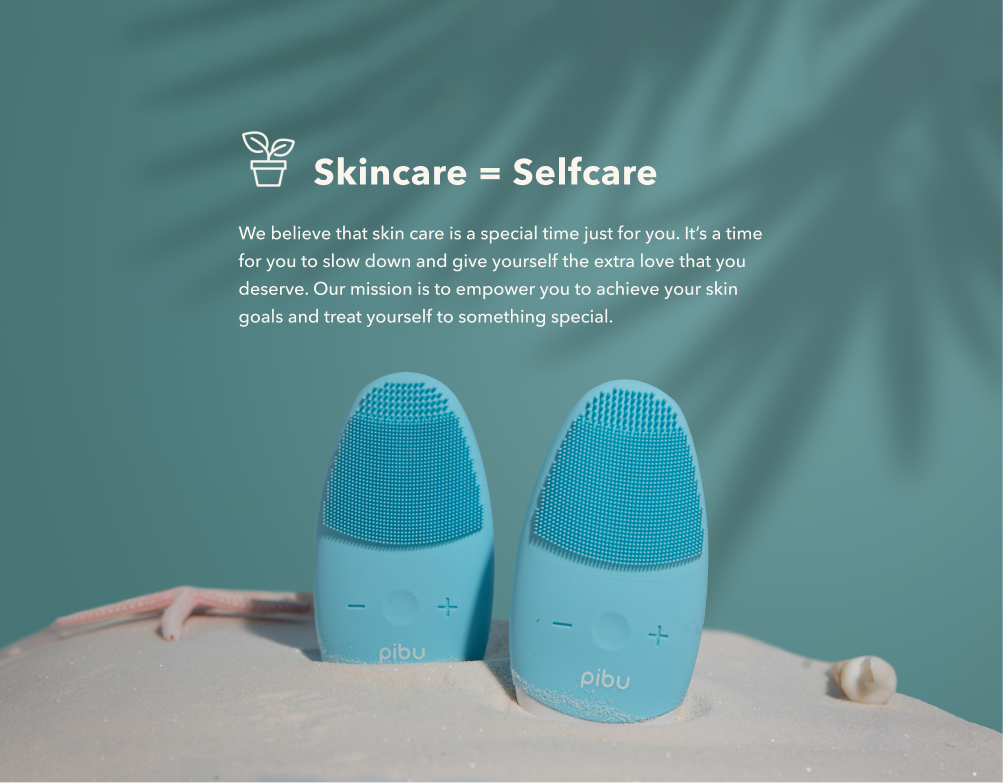
Prototype
Low Fidelity Wireframes
We opted to design for mobile first. Designing for mobile devices comes with a big constraint in screen sizes. That means we needed to take a look at all of our content and work out a visual hierarchy depending on how important it is to our customers. With Instagram being Pibu's main marketing channel, we figured there would be a sizable amount of mobile visitors to the website.
Testing
We conducted A/B testing to compare the layout of elements and information presented on two landing page iterations. We also had some users perform tasks around the website for us to observe ask for feedback.
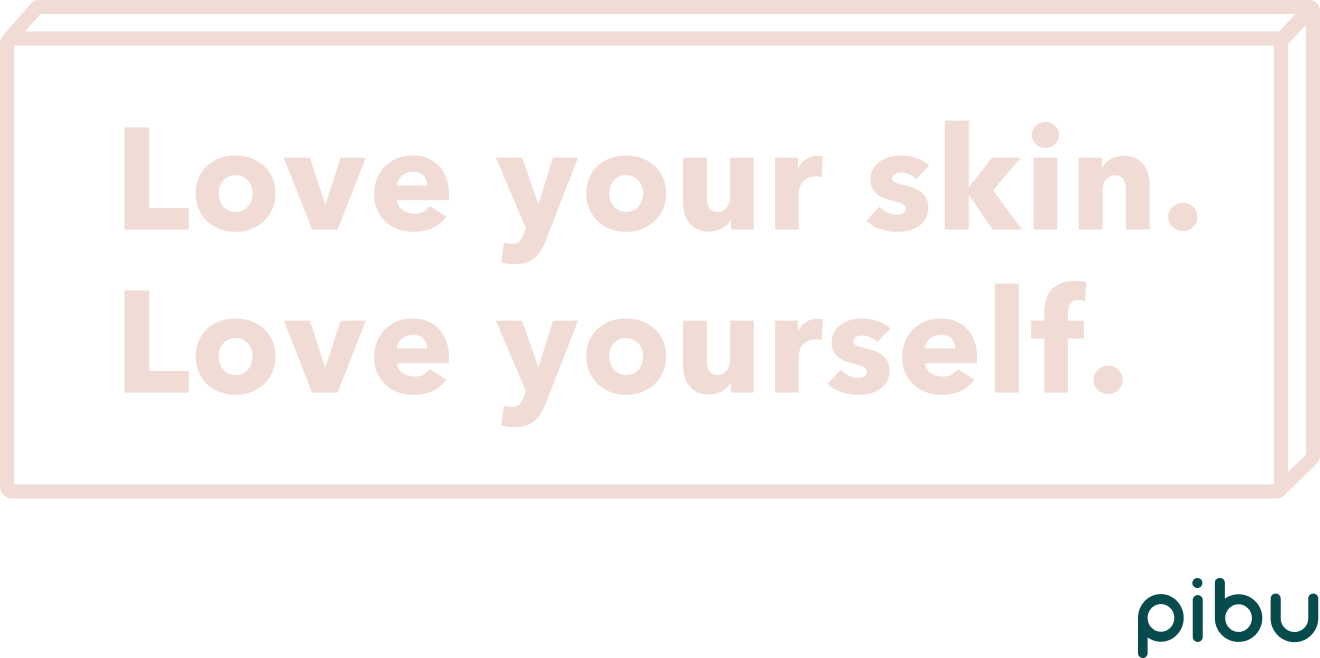
Finish Line
Final Product
After working closely with the client and what seemed like countless iterations, we arrived at a final design that everyone was happy with.
Mobile Prototype
Desktop Prototype
Developer Handoff
The client hired a developer to build out the website. To make the handoff as smooth as possible and future changes easier, we created a design system. After handing off the design system and screens, we remained on stand by to answer any questions or make any revisions.
Launch
Following the official launch, we did a thorough audit of the website and compiled any encountered issues into a slide deck. The deck also contained suggestions to rectify the issues and improve the site experience.
Retrospective
As it turns out, crafting a compelling E-commerce site around a distinct brand identity is pretty difficult. Gave me perspective on how much toil, communication, and deliberation can be contributed to even the smallest of design decisions. Visual design and copy are integral in how a brand can build trust with its audience, and should not be neglected. I learned how important communication and organization is when working alongside a team and client.


